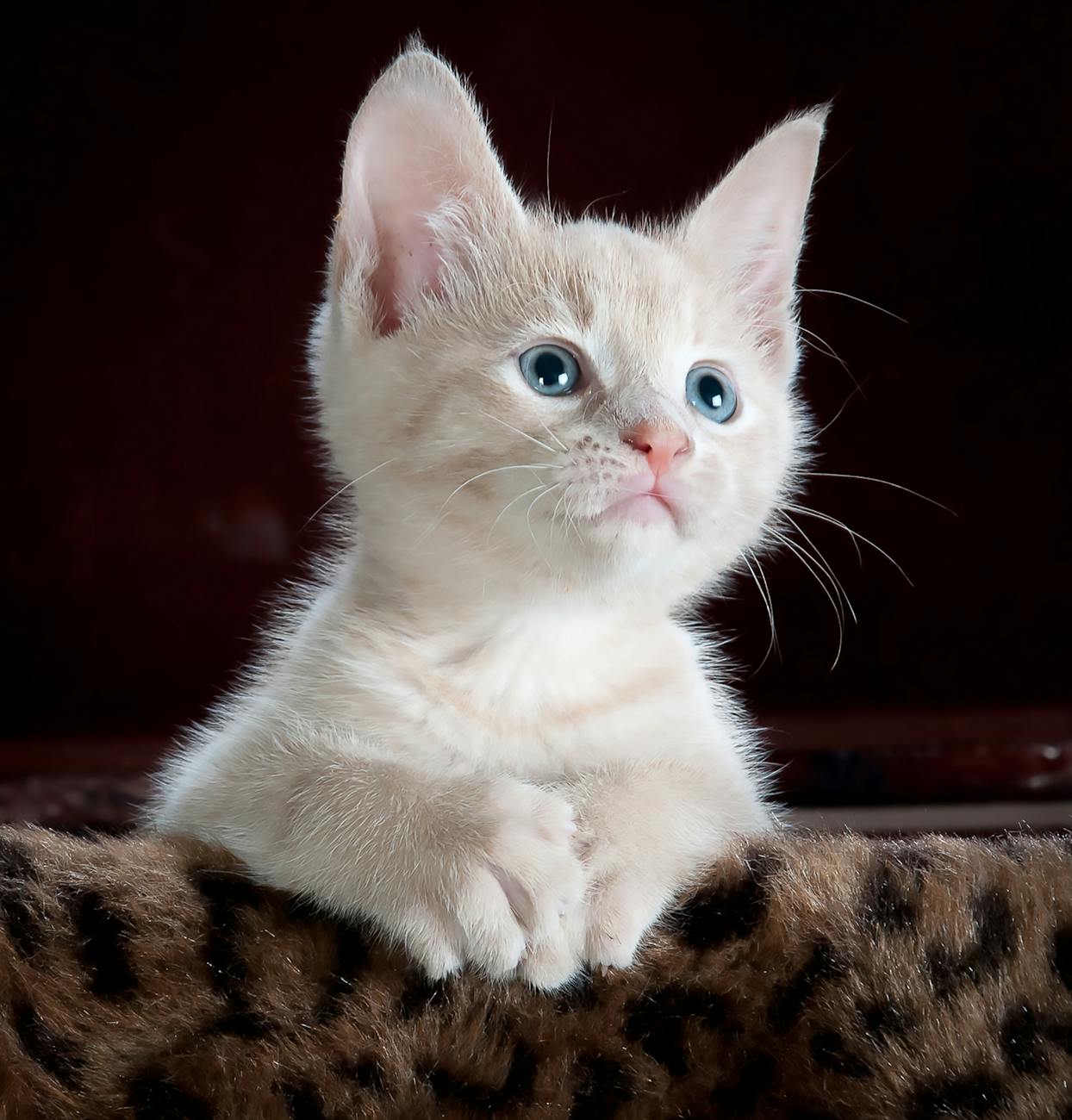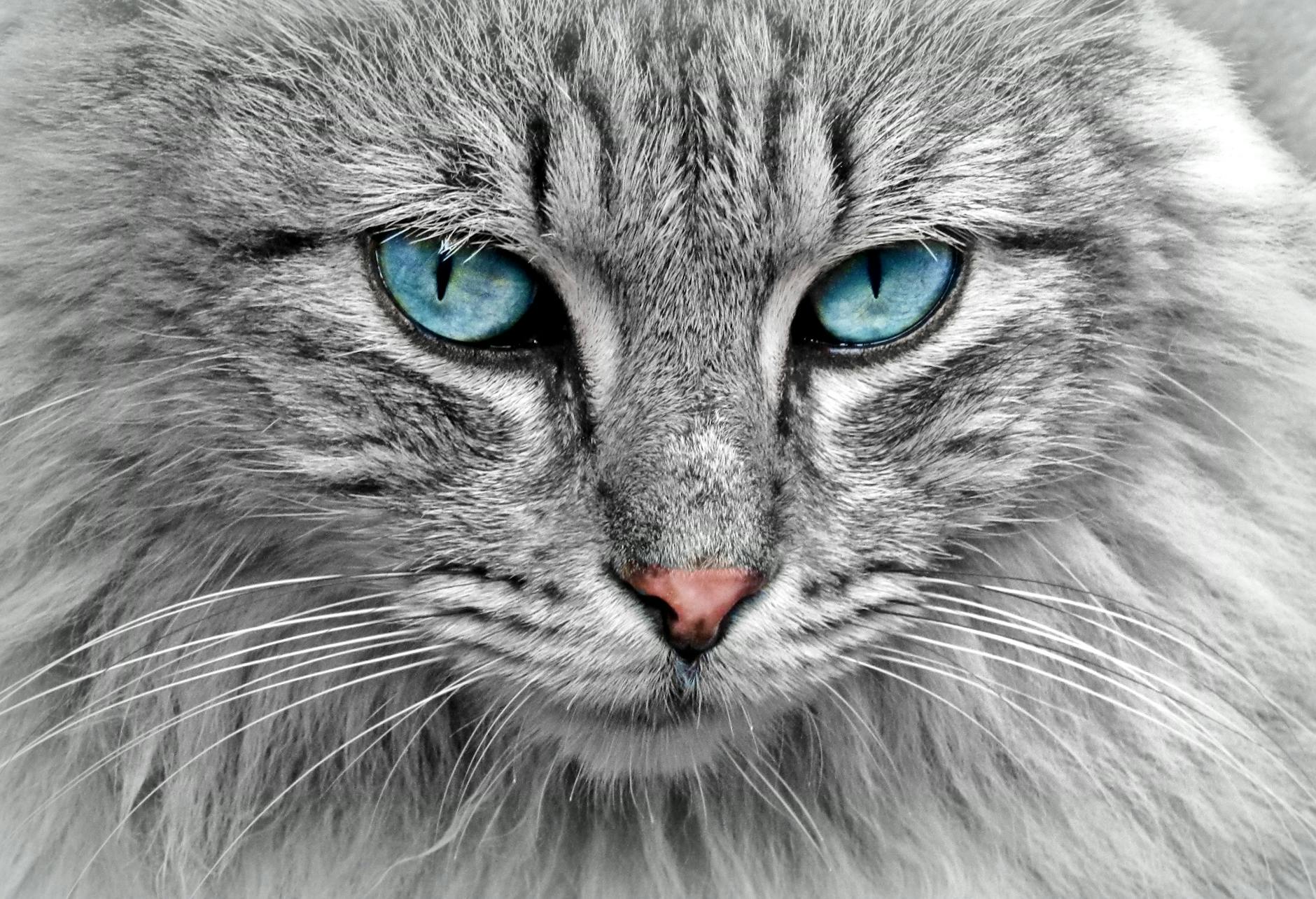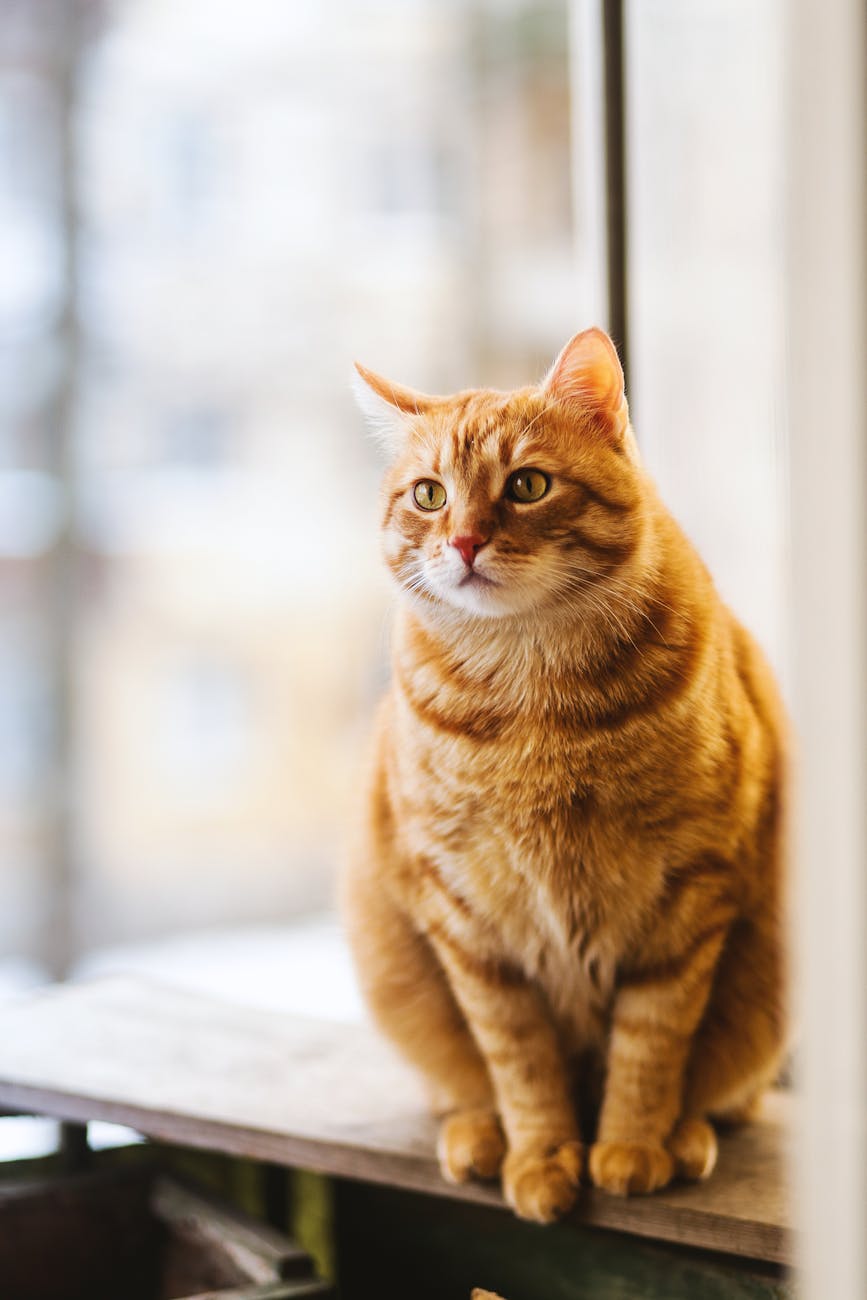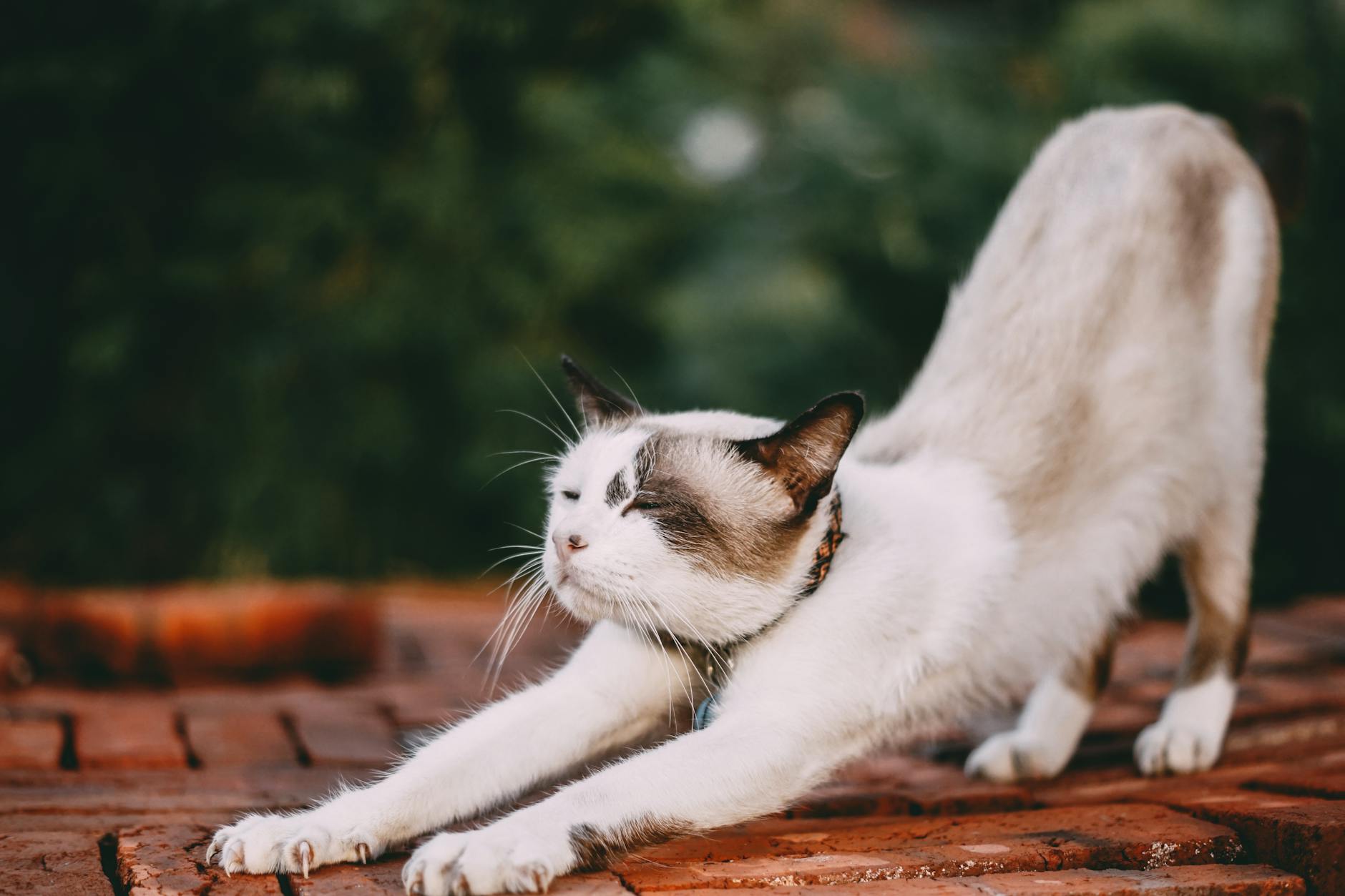Cat probiotics play a crucial role in maintaining your feline’s digestive health, which is essential for their overall well-being. Just like humans, cats can experience digestive issues that may affect their mood, energy levels, and appetite. This blog post will explore the benefits of cat probiotics, shedding light on how they support gut health and alleviate common digestive problems. By understanding the importance of probiotics, you can make informed decisions to enhance your cat’s health and happiness.
Understanding Cat Probiotics and Their Function
Cat probiotics are beneficial microorganisms that promote a healthy balance of gut flora in your feline’s digestive system. They play a crucial role in maintaining and improving your cat’s overall digestive health. Here’s how they function:
- Gut Flora Balance: Probiotics work by replenishing good bacteria in your cat’s intestines, countering harmful bacteria that can lead to digestive issues.
- Digestive Support: These beneficial microorganisms assist in the breakdown of food, facilitating better nutrient absorption and enhancing digestion.
- Immune System Boost: A healthy gut contributes to a stronger immune system, helping your cat fight off infections and illnesses.
Types of Cat Probiotics:
- Live Bacteria: These are active cultures that directly impact gut health.
- Prebiotics: These non-digestible fibers serve as food for beneficial bacteria, promoting their growth.
Incorporating cat probiotics into your pet’s diet can lead to improved digestive health, reduced gastrointestinal distress, and overall enhanced well-being.

The Importance of Digestive Health for Cats
Maintaining optimal digestive health is crucial for your feline friend’s overall well-being. A healthy gut not only influences digestion but also impacts various bodily functions. Here are some key points to consider regarding the importance of digestive health for cats:
Nutrient Absorption: A well-functioning digestive system ensures efficient breakdown and absorption of nutrients, vital for growth and energy.
Immune System Support: Approximately 70% of a cat’s immune system resides in the gut. A balanced microbiome, supported by cat probiotics, boosts immunity and helps fend off illnesses.
Prevention of Digestive Issues: Regularly incorporating cat probiotics can prevent common digestive problems, such as diarrhea and constipation, keeping your cat comfortable and healthy.
Behavioral Impact: An unhealthy gut may lead to stress and anxiety in cats. Ensuring proper digestive health can positively influence your cat’s mood and behavior.
In summary, prioritizing your cat’s digestive health through proper nutrition and the use of cat probiotics can significantly enhance their quality of life.
Common Digestive Issues in Felines
Cats, like humans, can experience various digestive problems that affect their overall health. Recognizing these issues early can help you address them effectively. Here are some common digestive issues in felines:
Vomiting: Frequent vomiting can indicate a variety of problems, including hairballs, food intolerances, or more serious conditions.
Diarrhea: Sudden changes in diet, infections, or parasites can lead to diarrhea, which can result in dehydration if not treated promptly.
Constipation: Cats may struggle to pass stools due to dehydration, lack of fiber, or underlying medical conditions.
Bloating and Gas: Excessive gas can cause discomfort and indicates potential gut imbalances.
Loss of Appetite: Refusing food may signal gastrointestinal distress and warrants a veterinarian’s attention.
By understanding these common digestive issues, you can observe your cat’s behavior better and seek appropriate help. Furthermore, incorporating cat probiotics can support digestive health and restore balance in the gut, helping to mitigate some of these problems. Always consult your veterinarian before starting any probiotic regimen.
How Probiotics Support Gut Health
Cat probiotics play a vital role in maintaining and enhancing your feline’s digestive health. By introducing beneficial bacteria to your cat’s gut, these probiotics help to restore a balanced microbiome and improve overall gastrointestinal function. Here are some key ways in which cat probiotics support gut health:
- Restoration of Balance: Cat probiotics help replenish good bacteria, combating harmful bacteria that may cause digestive issues.
- Enhanced Nutrient Absorption: A healthy gut flora boosts nutrient absorption, ensuring your cat receives essential vitamins and minerals from their food.
- Improved Digestion: Probiotics aid in breaking down food, reducing gas and bloating, and leading to more comfortable digestion.
- Immune System Support: A healthy gut contributes to a strong immune response, aiding your cat in resisting infections and diseases.
- Management of Diarrhea: Probiotics can be effective in alleviating diarrhea and other gastrointestinal disturbances, promoting regular bowel movements.
Incorporating cat probiotics into your pet’s diet can significantly enhance their digestive health and overall well-being. Always consult your veterinarian for personalized advice on the best probiotics for your furry friend.

Different Types of Probiotics for Cats
When it comes to cat probiotics, options abound, providing various benefits that cater to your cat’s specific needs. Understanding these types can enhance your feline’s digestive health effectively. Here are the primary categories:
Single-strain Probiotics:
- Contain one specific bacterial strain.
- Ideal for targeted issues like diarrhea or constipation.
Multi-strain Probiotics:
- Feature several different strains.
- Offer broader digestive support by repopulating various beneficial bacteria.
Prebiotic-Containing Probiotics:
- Include prebiotics, which nourish the beneficial bacteria.
- Strengthen digestion by improving gut flora balance.
Comparison of Probiotic Types
| Type | Best For | Examples |
|---|---|---|
| Single-strain | Specific digestive issues | Lactobacillus spp. |
| Multi-strain | Overall gut health | Bifidobacterium spp. |
| Prebiotic-containing | Nutritional support | Inulin, fructooligosaccharides |
Choosing the right cat probiotics can significantly support your furry friend’s intestinal wellbeing. Always consult your veterinarian for personalized recommendations based on your cat’s health profile.
Choosing the Right Probiotic for Your Cat
Selecting the ideal cat probiotics for your feline companion can feel overwhelming, but keeping a few key factors in mind simplifies the process. Here’s what to consider:
Type of Probiotic: Choose between:
- Single-strain probiotics focused on specific benefits (e.g., Lactobacillus for diarrhea).
- Multi-strain probiotics for a broader range of support in gut health.
Formulation: Look for options that best suit your cat’s preferences:
- Capsules or tablets
- Powder that can be mixed with food
- Soft chews or treats that appeal to your cat’s taste
Ingredients: Check for:
- High-quality, natural ingredients
- No artificial preservatives or fillers
Shelf Life: Ensure the product has a good shelf life and stable storage conditions.
Veterinary Recommendations: Consulting a vet ensures you choose cat probiotics specifically tailored for your cat’s health needs.
Opt for a brand that’s reputable and backed by research to promote optimum digestive health for your feline. Your cat’s gut health journey begins with the right choices!
Administering Probiotics: Tips and Recommendations
When introducing cat probiotics into your feline’s routine, several factors come into play to ensure their effectiveness. Here are some essential tips and recommendations:
Consult Your Veterinarian: Always start by discussing with your vet. They can guide you on the best type of probiotics suitable for your cat’s specific needs.
Follow Dosage Instructions: Check the packaging for recommended dosage. Typically, probiotics come in various forms, such as powders, capsules, or treats. Adhere strictly to the outlined amount.
Incorporate Gradually: If your cat is new to cat probiotics, introduce them slowly. Mix a small amount into their food to minimize any digestive upset.
Consistency is Key: For the best results, administer the probiotics regularly. Daily usage helps maintain a balanced gut flora.
Observe Your Cat: Monitor your cat for any changes in behavior or digestion. If you notice any adverse effects, contact your vet immediately for advice.
By following these guidelines, you can effectively support your feline’s digestive health with cat probiotics.

Potential Risks and Considerations for Cat Owners
When introducing cat probiotics into your feline’s diet, it’s crucial to be aware of potential risks and considerations:
Consult a Veterinarian: Always consult with your vet before starting any probiotic regimen. They can recommend the best type of cat probiotics for your cat’s specific health needs.
Quality Control: Not all probiotics are created equal. Look for products that have undergone third-party testing to ensure safety and efficacy.
Digestive Disturbance: Some cats may experience mild digestive upset when starting cat probiotics. Monitor your cat for signs of diarrhea or vomiting and discontinue use if symptoms persist.
Underlying Health Conditions: If your cat has underlying health issues, especially immune deficiencies, probiotics might not be appropriate.
Allergies and Sensitivities: Some cats may be allergic to certain ingredients found in probiotic supplements. Always check ingredient lists carefully.
In summary, while cat probiotics can offer significant benefits for digestive health, proper vet guidance and careful selection are essential. Taking these precautions ensures your cat receives the best and safest care.
Frequently Asked Questions
What are cat probiotics and how do they work?
Cat probiotics are live microorganisms that provide health benefits to your feline, particularly for their digestive health. These beneficial bacteria support the balance of gut flora, helping to maintain optimal digestion and absorption of nutrients. By supplementing your cat’s diet with probiotics, you may help to prevent gastrointestinal issues such as diarrhea, constipation, and upset stomach. Probiotics work by inhibiting the growth of harmful bacteria and promoting a healthy gut environment, ultimately leading to improved overall health.
What types of digestive issues can cat probiotics help with?
Cat probiotics are particularly effective in addressing a variety of digestive problems. Common issues include diarrhea, which can result from stress, changes in diet, or infections. Probiotics can help restore a healthy balance of gut bacteria, reducing the duration and severity of diarrhea. Additionally, they can aid in managing constipation by promoting regular bowel movements and enhancing overall digestive function. Probiotics may also be beneficial in cases of inflammatory bowel disease or after antibiotic treatments, which can disrupt the natural gut flora in cats.
How should I choose the right probiotic for my cat?
When selecting a probiotic for your cat, it’s essential to consider factors such as the strain of bacteria, the product’s formulation, and your cat’s specific health needs. Look for probiotics that contain well-researched strains, such as Lactobacillus or Bifidobacterium, known for their efficacy in cats. Additionally, ensure that the probiotic is formulated specifically for felines, as human probiotics may not be suitable. It’s advisable to consult your veterinarian before starting any new supplement, as they can provide personalized recommendations based on your cat’s health and dietary requirements.
Are there any side effects associated with cat probiotics?
Generally, cat probiotics are considered safe and well-tolerated. However, some cats may experience mild gastrointestinal upset, such as gas or bloating, especially when first introduced to probiotics. It’s important to start with a lower dosage and gradually increase it to allow your cat’s system to adjust. If your cat shows any adverse reactions or if digestive issues persist, it is recommended to consult with a veterinarian. They can help determine if probiotics are the right choice for your cat and suggest alternative solutions if necessary.



